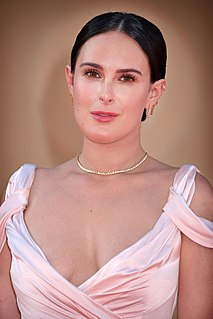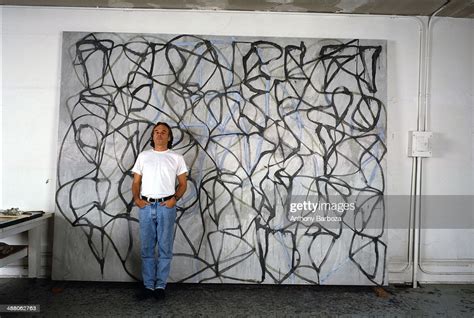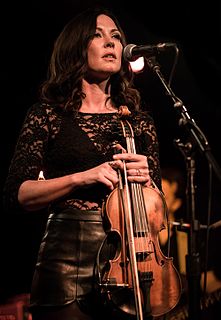A Quote by Sam Neill
I think so much of your energy when you're growing up is about becoming independent of your parents. And the older you get, the more you realise you're actually so much part and parcel of the same kind of material.
Related Quotes
I think it's something you learn over a period of time; you learn to be more comfortable within yourself, appreciative of what you've got and what you haven't, you realise the talents you have and what you can do and you take on the chin the things that you have to. It's part and parcel of growing up.
As you become more conscious of your cruelty, of your violence, gross and subtle, you start becoming more and more compassionate. Not that you cultivate compassion. Just by becoming aware of your cruelty, violence, ugliness... the very awareness brings new changes in you. And the energy that was involved in cruelty, in violence, starts changing. The same energy becomes purified, the same energy becomes compassion.
When you are sixteen you do not know what your parents know, or much of what they understand, and less of what's in their hearts. This can save you from becoming an adult too early, save your life from becoming only theirs lived over again--which is a loss. But to shield yourself--as I didn't do--seems to be an even greater error, since what's lost is the truth of your parents' life and what you should think about it, and beyond that, how you should estimate the world you are about to live in.
I'm much more concerned about what artists think. But as you get older you tend to get much more isolated; you're not out in the bar, having long drunken arguments on the benefits of your work vs. someone else's. It's hard to know how people are looking at it, and you don't get much feedback. The written critical stuff seems to be the feedback, but that's hard to interpret.
As you get older, it's important to have goals. When you're a kid you have them, but other people can set them for you, such as your parents, your school... so, as you get older it's nice to have your own goals, which don't have to do with being more famous, or being in bigger movies, or making more money. Those things kind of corrupt your soul.
I think what you have inside reflects very much in your face, in your expression. If you can find a kind of equilibrium in life, you never really get old, because you have that kind of ingenuity and innocence inside that gives you that brightness and that glint in your eye that generally, getting older, you lose.
The story, I like to say and remember, is always smarter than you—there will be patterns of theme, image, and idea that are much savvier and more complex than what you could come up with on your own. Find them with your marking pens as they emerge in your drafts. Become a student of your work in progress. Look for what your material is telling you about your material. Every aspect of a story has its own story.



































